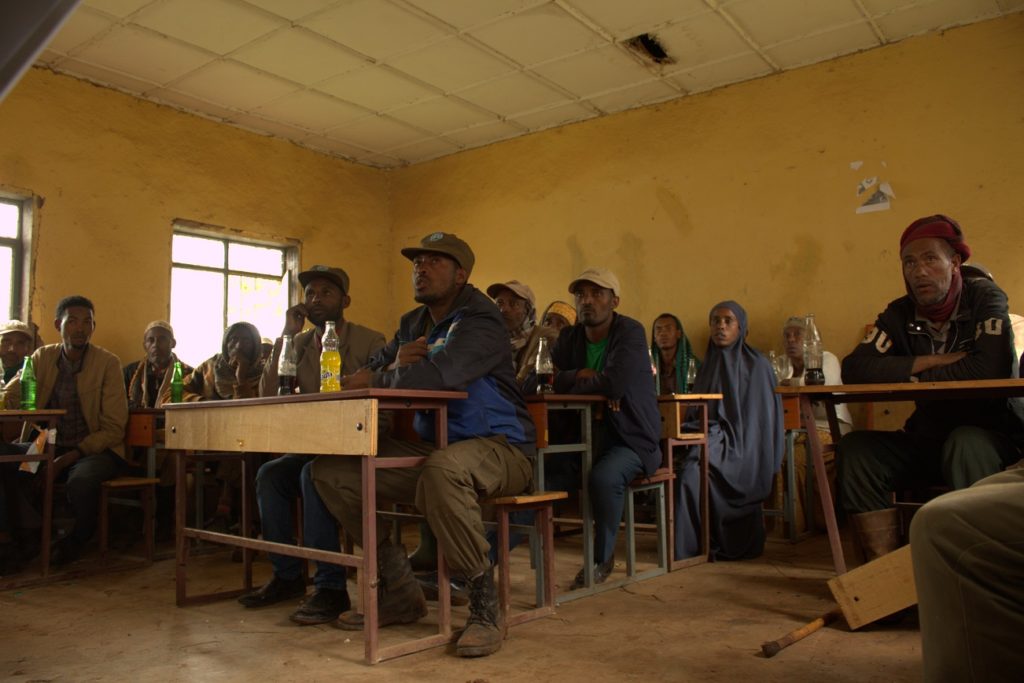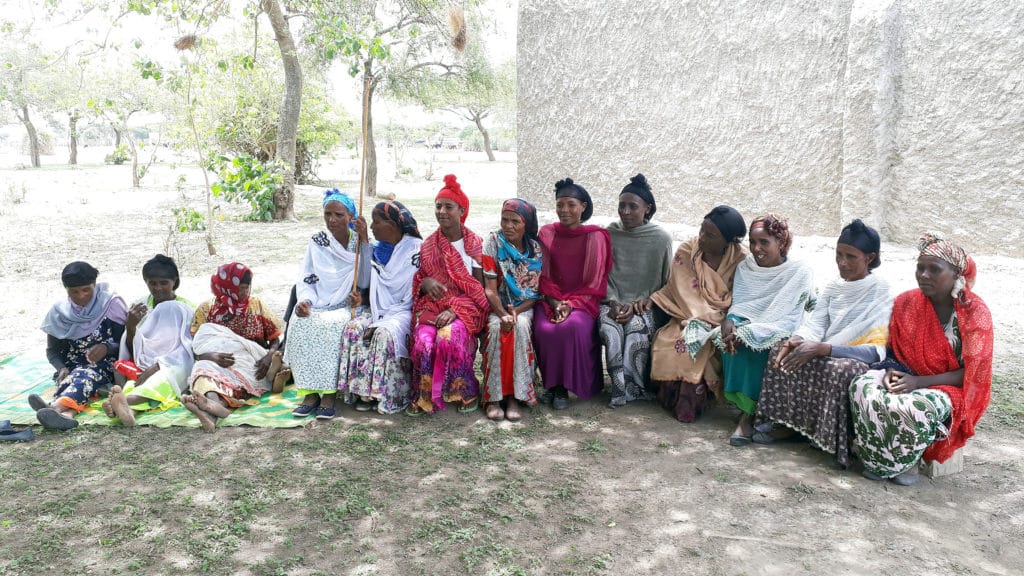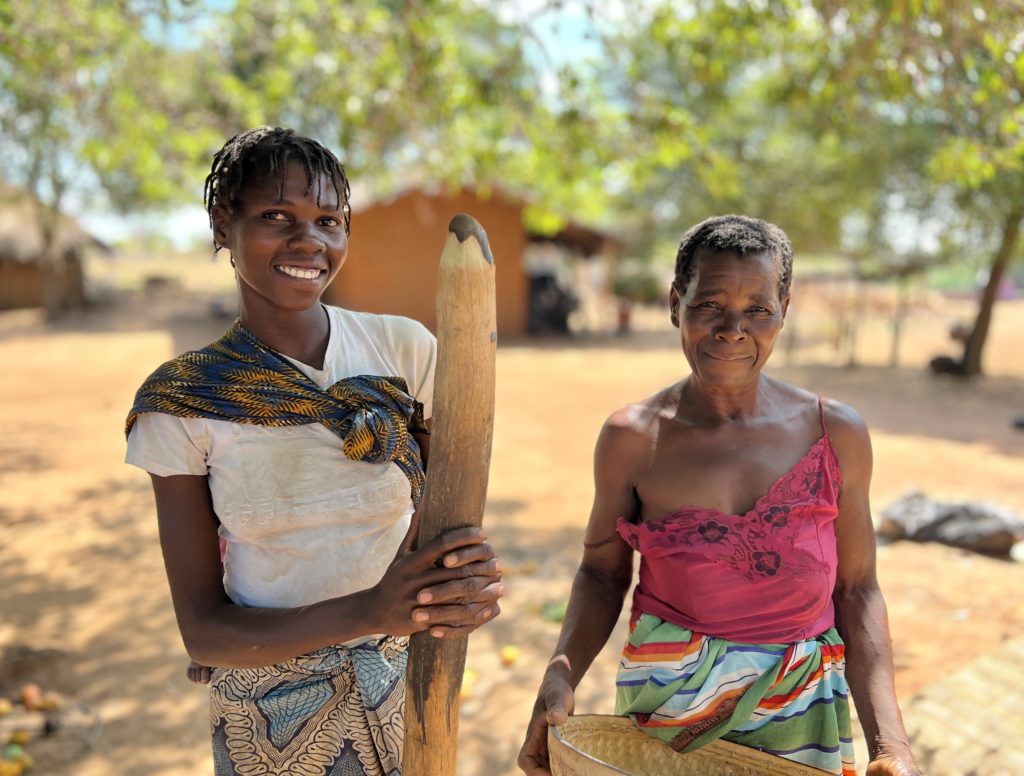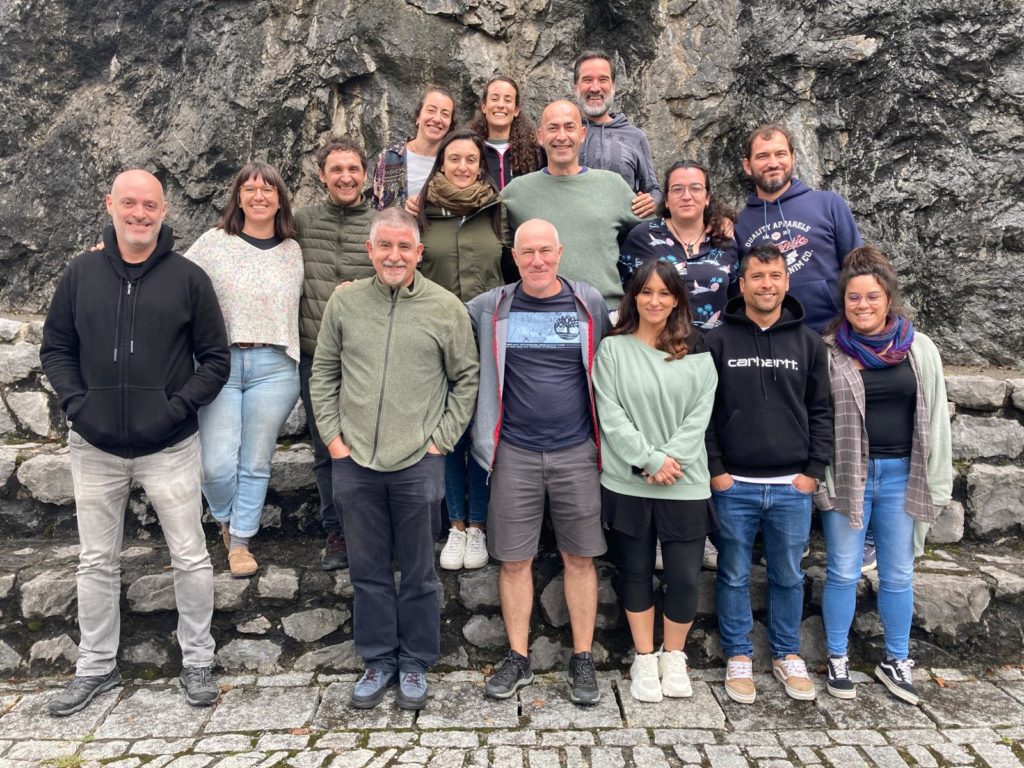At the end of February, the Ethiopian Parliament ended the state of emergency decreed in November 2021, officially declaring the cessation of hostilities between federal troops and the army in the Tigray region, in the north of the country.
With this Mundukide was able to once again have a presence in Ethiopia for the execution and monitoring of its projects started the previous year. Meanwhile, the population of the rural areas where we carry out our activity has continued to work their fields, taking care of their cattle and attending to their small businesses, with one eye on the new peace signed in the hope that it will provide them with a period of tranquility and with head and hands settled in their daily work and in the sky due to the lack of rain that is currently occurring.
This year a good harvest is essential to produce food to provide households and to be able to sell the surplus, especially given the measures that were taken at the national level last year, giving priority to the production of cereals over that of vegetables and , to some extent, anticipating the Russia-Ukraine conflict which will significantly affect food security in the Horn of Africa. Ethiopia, although a large producer of wheat, maize and barley cannot supply a growing population, it relies heavily on grain imports to meet the needs of its people. Although in Europe we are seriously concerned about the cut in energy supply that the war is generating, from here we are closely following the development of hostilities due to the more than foreseeable lack of grain shipments that will take place this year.
In the surveys that we at Mundukide are carrying out with the peasants who are part of the project, it is clear what their fears are for the immediate future and the concerns that most directly concern them. These are grouped into three basic pillars for them: the fear of climate change that affects their livelihoods, the feeling over time of a period of insecurity that does not allow them to make medium-long-term plans, and the consequent rise of prices due to inflation that has degenerated into high costs in all products, from the basics for daily life to the inputs with which to provide their fields with a minimum of quality. In short, these apprehensions focus on feeding their families.
Although it is true that the continuous interruptions throughout 2021, for the moment have not allowed us to have as constant a job as we would like, during this year Mundukide, through its activities focused on the observed needs, will provide training and supplies that allow the The peasantry will not stop its production, it will create family gardens that will support the diets of the families that are part of the programs and we will commit ourselves to groups of farmers to provide them with microcredits with which to face the purchase of materials. Poultry and fodder for the creation of chicken coops were already distributed in March, and talks are being established with local authorities for the rehabilitation of degraded areas that will allow their agricultural/forestry use over time.
J. Lima – Cooperating in Ethiopia
Asella, May 2022
022 mayo




